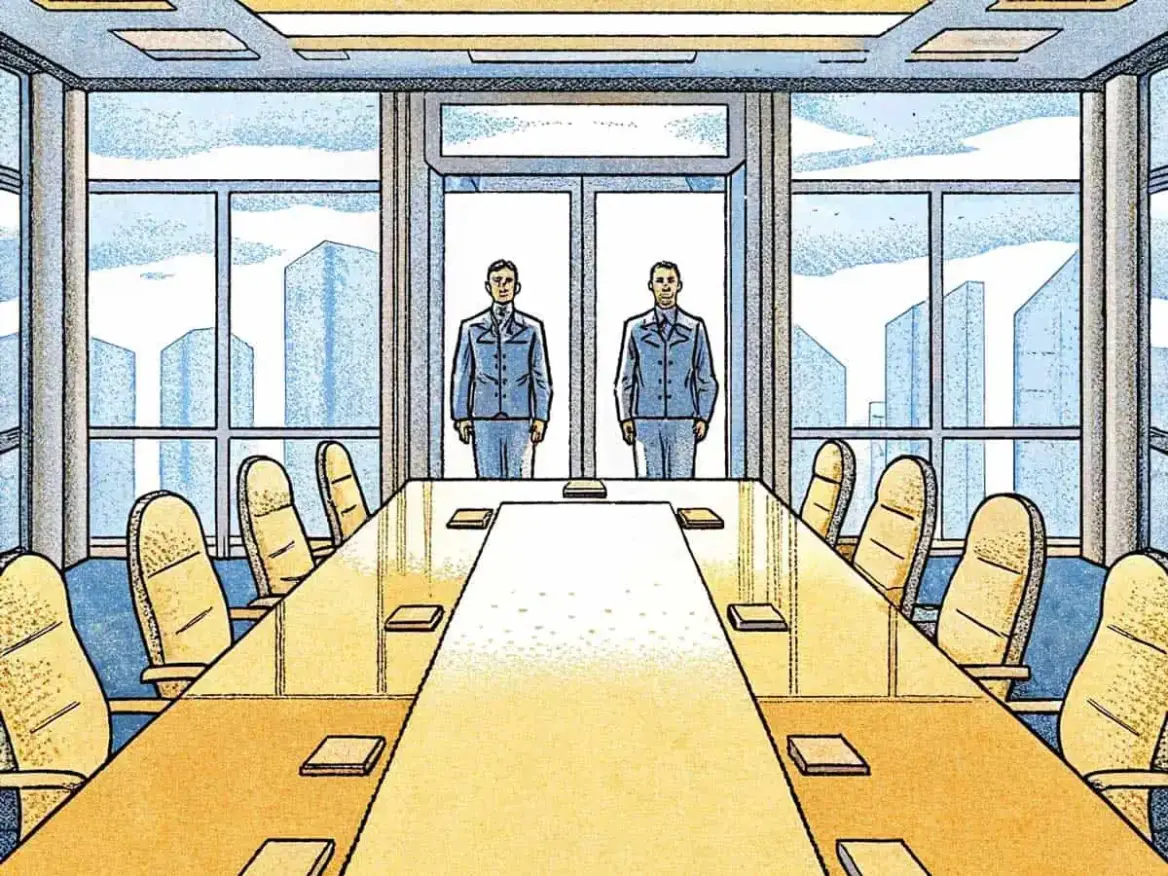Shareholder disputes often drag on unnecessarily. With the Dispute Resolution and Clarification Act admissibility requirements survey procedure (Wagevoe), in force since 1 January 2025, disputes can be resolved faster and more effectively.
Shareholder disputes can cause great damage to a company. The existing dispute resolution system was often slow and cumbersome, leaving conflicts simmering for years. With the – what’s in a name? – Act on Adaptation of Dispute Settlement and Clarification of Admissibility Requirements for Inquiry Proceedings (Wagevoe), this will change from 1 January 2025.
From summons to petition
One of the main changes is the switch from a summons procedure to a petition procedure. As a result, conflicts will now go directly to the specialised Enterprise Chamber of the Amsterdam Court of Appeal.
The intention is that this will lead to shorter turnaround times and more efficient handling by a body with extensive experience in shareholder disputes.
More opportunities for shareholders
Previously, in jargon, shareholders could only be expelled if their conduct as shareholders harmed the company’s interests. Now, a shareholder’s behaviour in another capacity, such as as a director or in external activities, can also be grounds for expulsion.
This means that minority or majority shareholders can more easily force a problematic co-shareholder out of the company.
The Enterprise Chamber as exclusive arbiter
Previously, shareholder disputes went through various bodies, leading to delays and additional legal costs. The Wagevoe changes this by designating the Enterprise Chamber as the sole competent body for exit and expulsion procedures.
Good Law: less legal hassle, but still pay attention
Good Law sees the Wagevoe as a positive development. The new rules make shareholder disputes more manageable and prevent conflicts from dragging on for years. In particular, the move to a petition procedure and the broader grounds for expulsion offer entrepreneurs more certainty.
It is worth noting, however, that the Wagevoe o again does not cover everything in terms of shareholder disputes. For instance, it is to be feared that broader grounds for expulsion could lead to abuse of power.
In addition, the Enterprise Chamber mainly deals with governance and structure issues. IP disputes or contract disputes from shareholder agreements may still end up before other courts or bodies, depending on the subject matter and agreements between the parties.
However, the Wagevoe does underline the importance of clear arrangements in shareholder agreements. By laying down in advance how disputes will be resolved and how shares will be valued, you avoid legal uncertainty and lengthy proceedings.
Are you facing a shareholder dispute or want to be better prepared legally? Good Law would be happy to help you with strategic advice, contracts and litigation support. Contact us for a no-obligation consultation.


